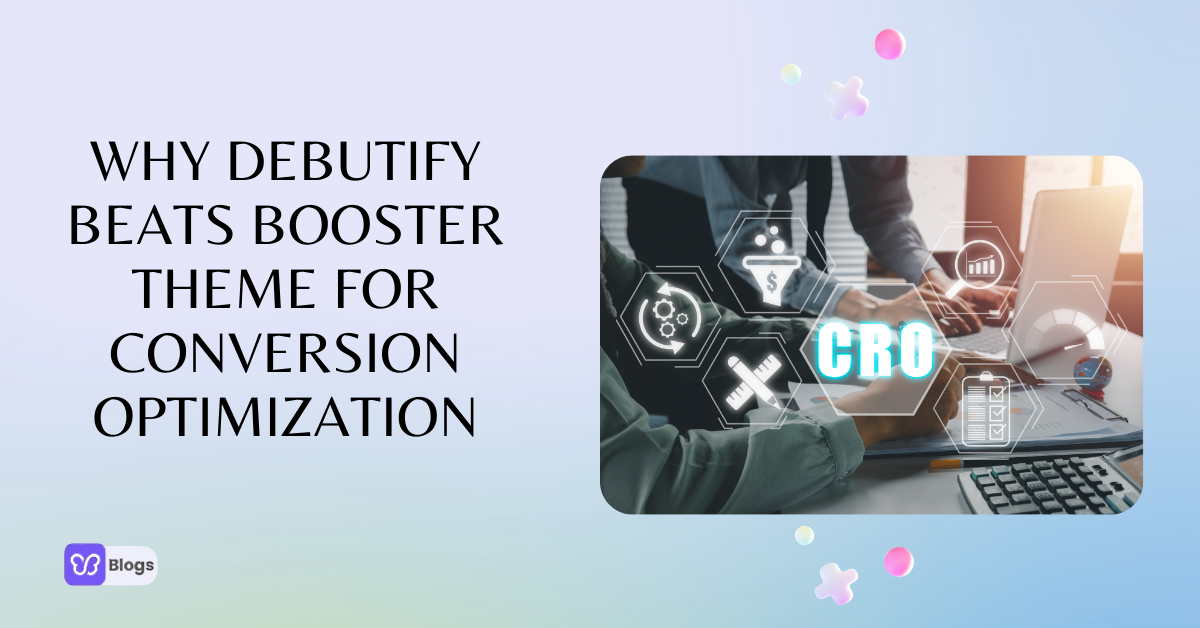Starting an online business can be exciting, but it's important to choose the right type of business entity for your needs.
Two common options are a Limited Liability Company (LLC) and a sole proprietorship.
Let's take a look at some of the key differences between these two structures.
1. Ownership
A sole proprietorship has one owner (you!), whereas an LLC can have many members (owners).
This can give an LLC more flexibility in ownership and management.
2. Liability
You are personally liable for all business debts and obligations as a sole proprietor.
This means that if your business is ever sued or runs into financial trouble, your personal assets (like your house or car) could be at risk.
The business is a separate or legal entity with an LLC, meaning that your personal assets are generally protected.
3. Taxes
As a sole proprietor, your business income is taxed as personal income, which means that you'll be subject to self-employment taxes.
With an LLC but, you can choose how the business is taxed - as a sole proprietorship, a partnership, an S corporation, or a C corporation.
This can give you more flexibility in terms of income tax planning.
4. Paperwork and fees
Setting up a sole proprietorship is generally pretty easy and doesn't need much formal paperwork.
An LLC requires you to file articles of organization with your state and pay annual fees to keep your business in good standing.
So there you have it - some of the key differences between an LLC and a sole proprietorship.
The choice of the business entity depends on your unique situation and goals.
I hope this has helped guide you toward the best decision for your online business! Check out our latest articles on the Debutify blog.







